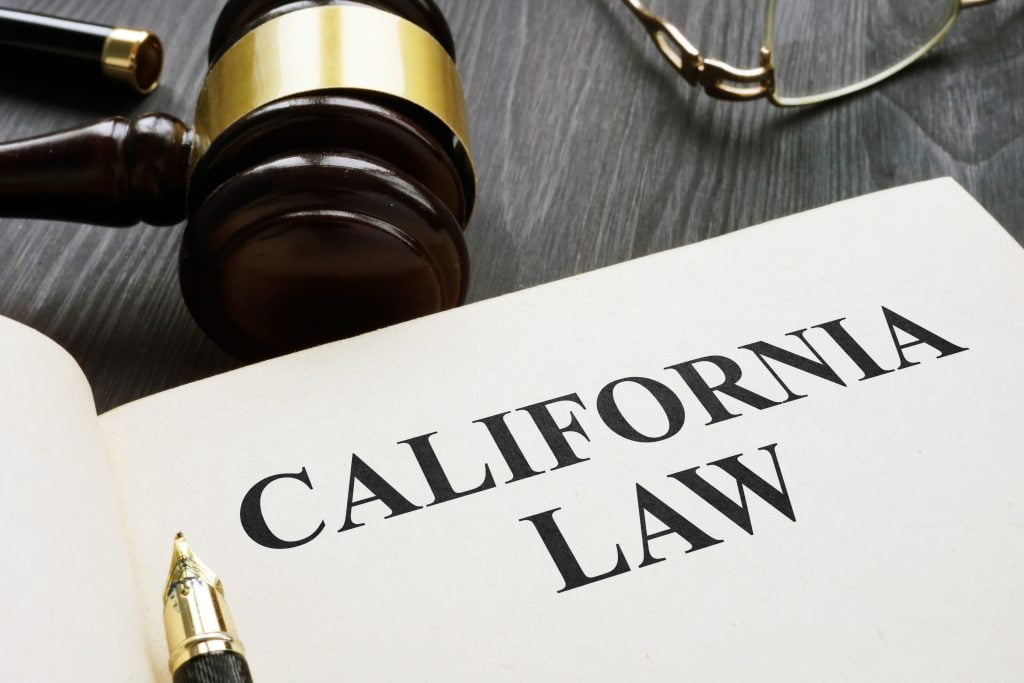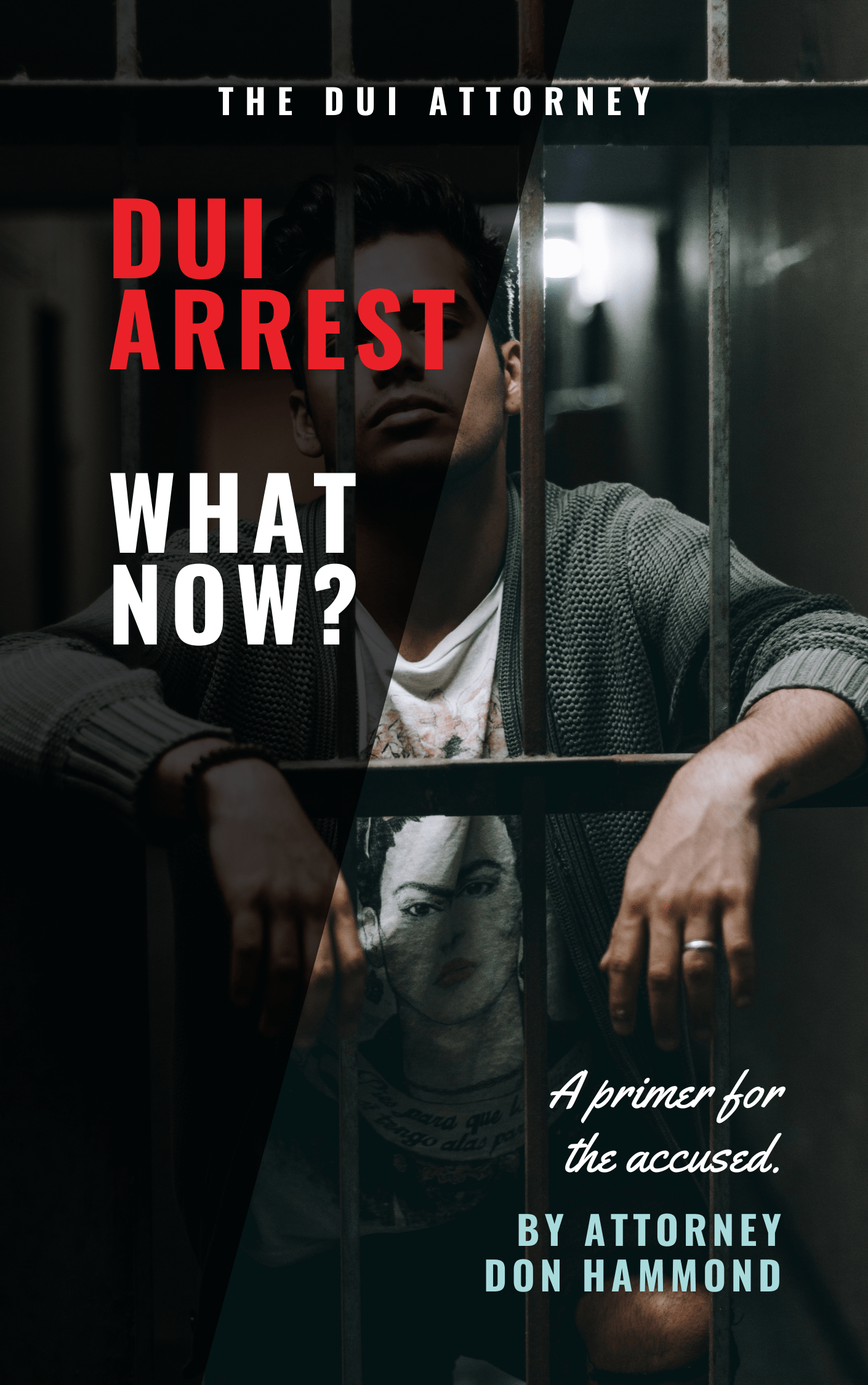
Like any other trial, the first step in a DUI trial is voir dire, which is when we pick a jury panel. Each side gets a number of challenges and whoever is left becomes the jury. Jury selection is both an art and science, but its details are beyond the scope of this book.
After a jury is impaneled, there will be opening arguments, and then the government will put on its case. The police officer will be called to testify about their investigation, including the field sobriety tests that were conducted, the training they received, their experience, and why they believe the defendant should be convicted. In addition, they will call a criminalist, who is usually a person with a bachelor’s degree in chemistry or biology and operates the equipment in a government crime lab. This criminalist will tell the jury that the processes they use are infallible and that the computer always gets it right. Generally, these are the only two witnesses that the government is going to have. There may also be a 911 caller or a witness to a crash. At the conclusion of the government’s case, the defense may make a motion to dismiss based on sufficiency of the evidence, but the judge will deny that, except in extraordinary cases.
Next, the defense will have an opportunity to put on a case, although they have no obligation to since the burden of proof beyond a reasonable doubt falls squarely on the government. There are certainly cases where the defense will believe that the prosecution has not proved their case, and will therefore not put on their own case. However, this is certainly not something to be taken lightly. The defendant has an absolute right to testify, as well as an absolute right not to testify. Whether or not to have the defendant testify is a critical question that should be made with the guidance of the attorney and consideration of what could be gained or lost by having the defendant testify.
If there was a crash and witnesses to the scene, then the defense may call those witnesses to the stand if doing so would help their case. If there was someone else in the vehicle at the time of the stop, then the defense may call that person to the stand to talk about various issues in the investigation or about what was happening earlier in the day. The defense may call its own investigators and/or experts, such as an accident reconstructionist, to talk about a survey of the scene. The defense may also call its own expert witnesses, such as a field sobriety testing expert who can explain to the jury where the problems are and what the officer did wrong, or a toxicologist (science expert) who can talk about how the blood sample was handled and processed, or how the conditions were perfect for fermentation of the blood sample.
Once the defense is done putting on its case, there will be closing arguments, which is when the lawyers from both sides tell the jury what they think the jury should decide. This is the time when each lawyer summarizes their case and tries to persuade the jury to make a certain decision.
Next, the jury will deliberate for anywhere from a half hour to several days until they reach a verdict. If they cannot reach a verdict, then it will be a hung jury and this will lead to a mistrial or possible retrial with a new jury. If the jury delivers a verdict of not guilty, then the defense can celebrate a job well done with a beer. If the jury delivers a guilty verdict, then the defense will try to get the judge to set that aside, but this is incredibly rare. A date for sentencing will be set and the defense will put together a mitigation package to show the judge why he shouldn’t slam this particular defendant with serious penalties. It is true that penalties can be higher after a loss at trial than they would be in a plea deal, but there is no way to control this except to put together a strong mitigation package. Ultimately, the severity of the sentence will depend on which judge is hearing the case.
For more information on DUI Trial Process In California, an initial consultation is your next best step. Get the information and legal answers you are seeking by calling (323) 529-3660 today.










